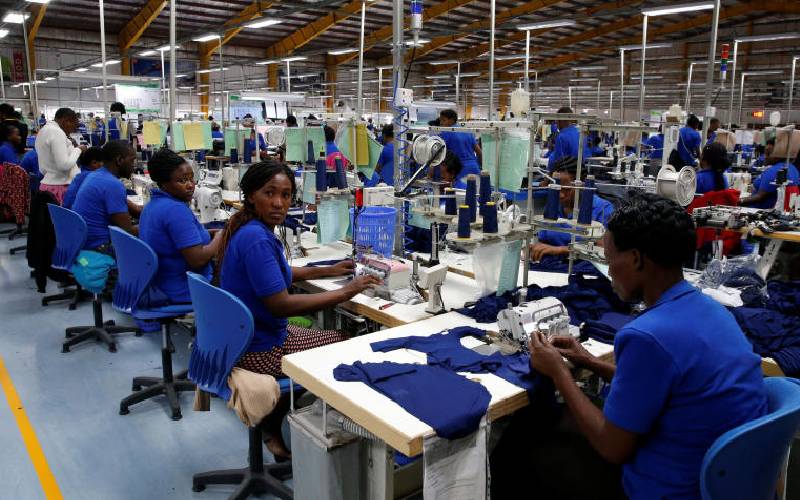×
The Standard e-Paper
Home To Bold Columnists

Kenya earned an additional Sh10.2 billion from its exports to the US as Nairobi reaped big from Ethiopia’s suspension from a duty-free trade pact.
Last year, Kenya’s exports to the US — mostly apparel were valued at Sh59.6 billion, a jump of more than a fifth from Sh49.4 billion in 2020 as Kenyan traders sold more goods through the African Growth and Opportunity Act (Agoa), a free trade agreement between Washington and select African countries.